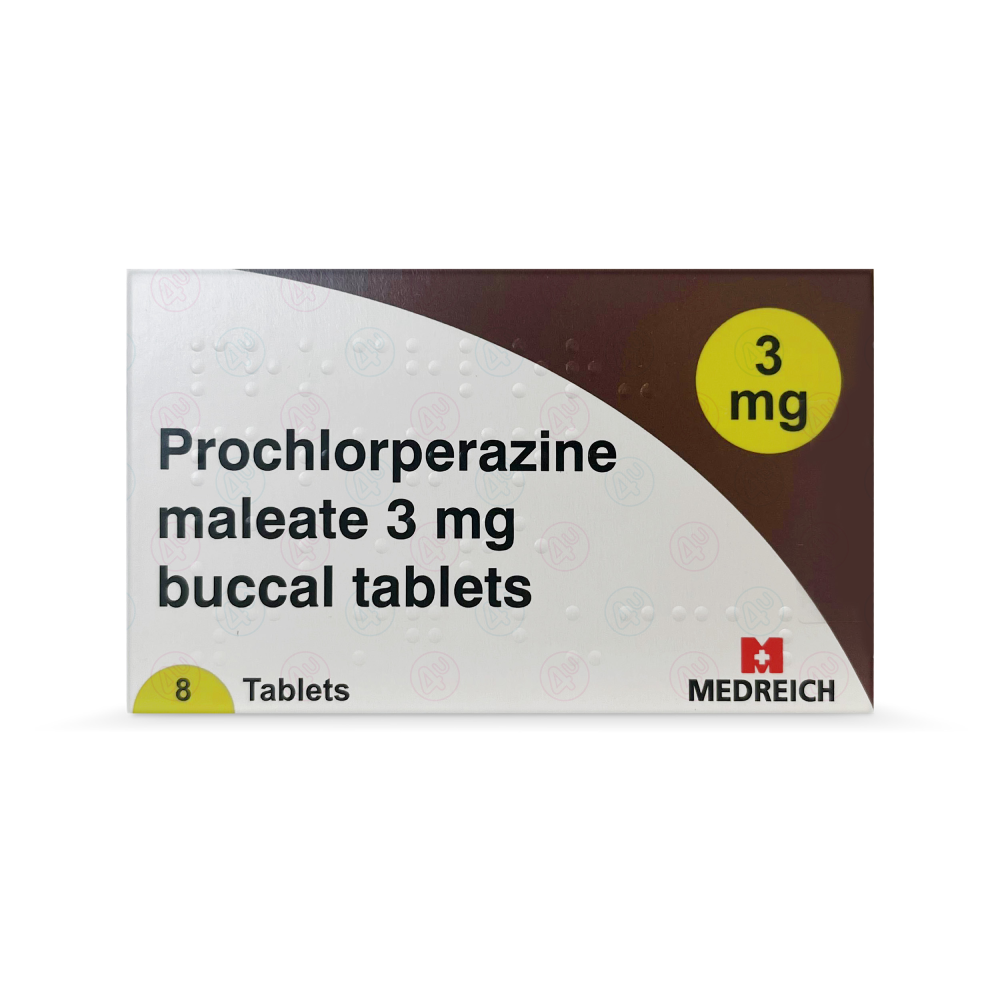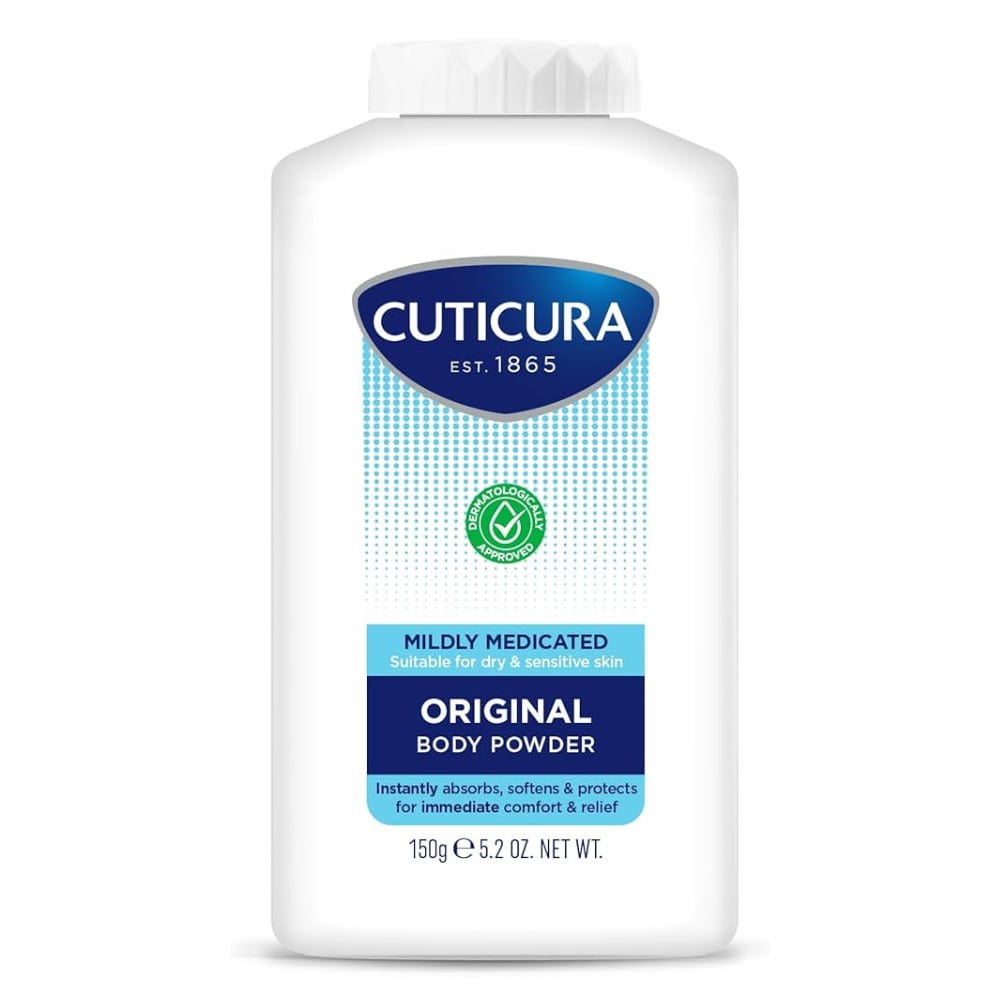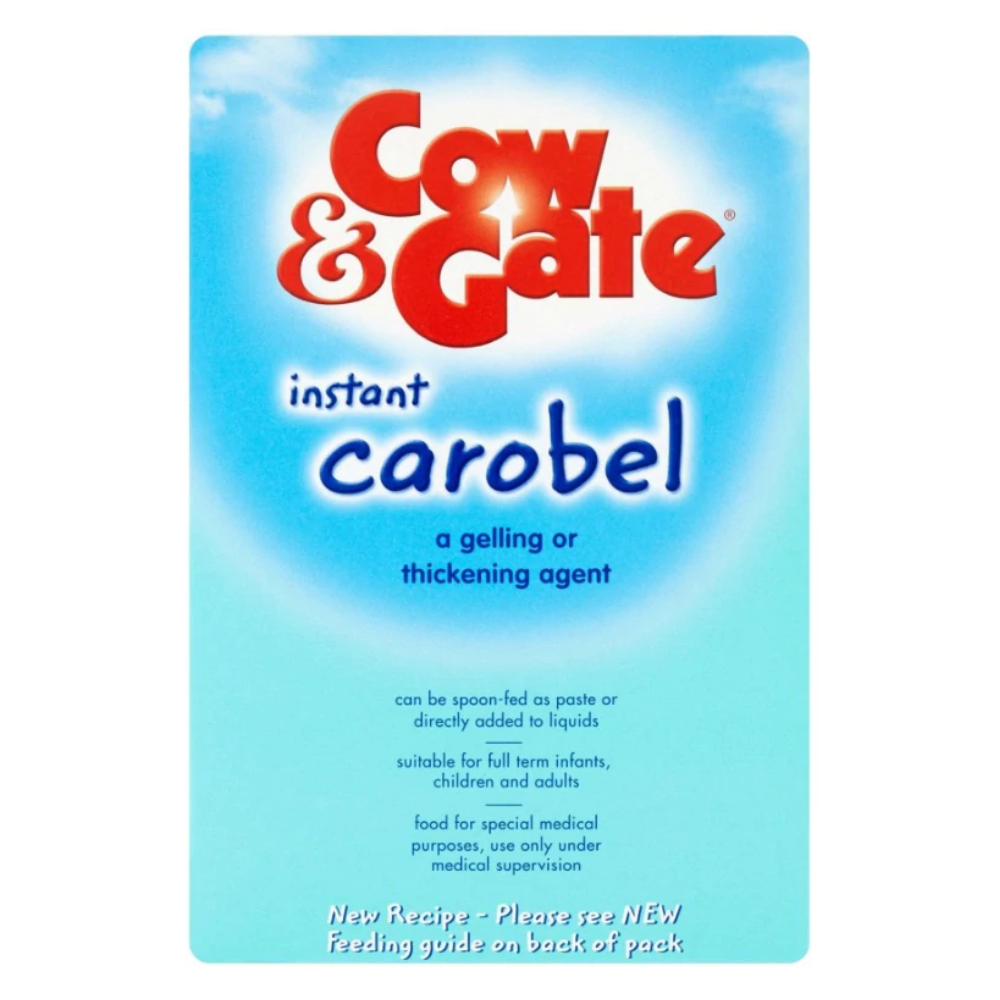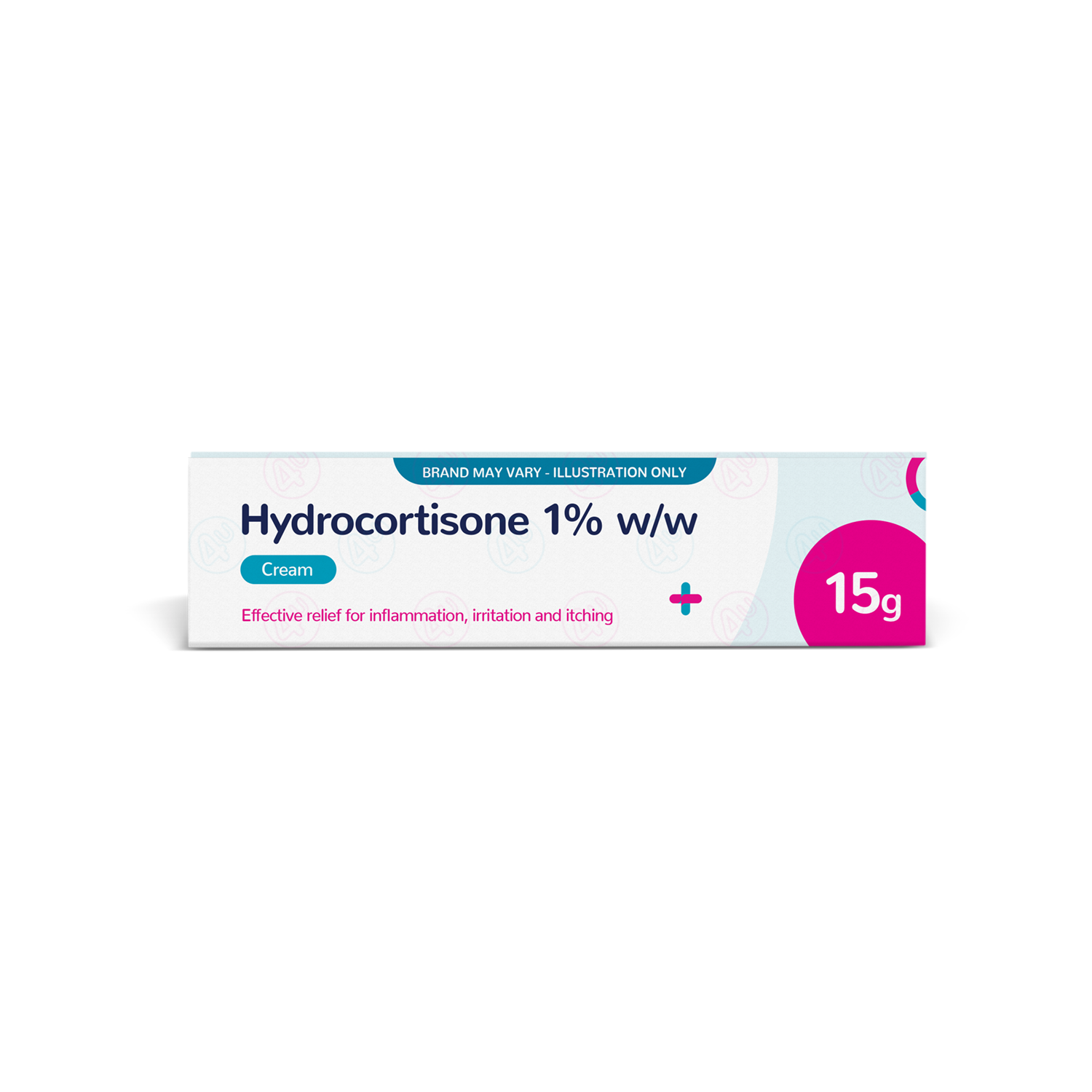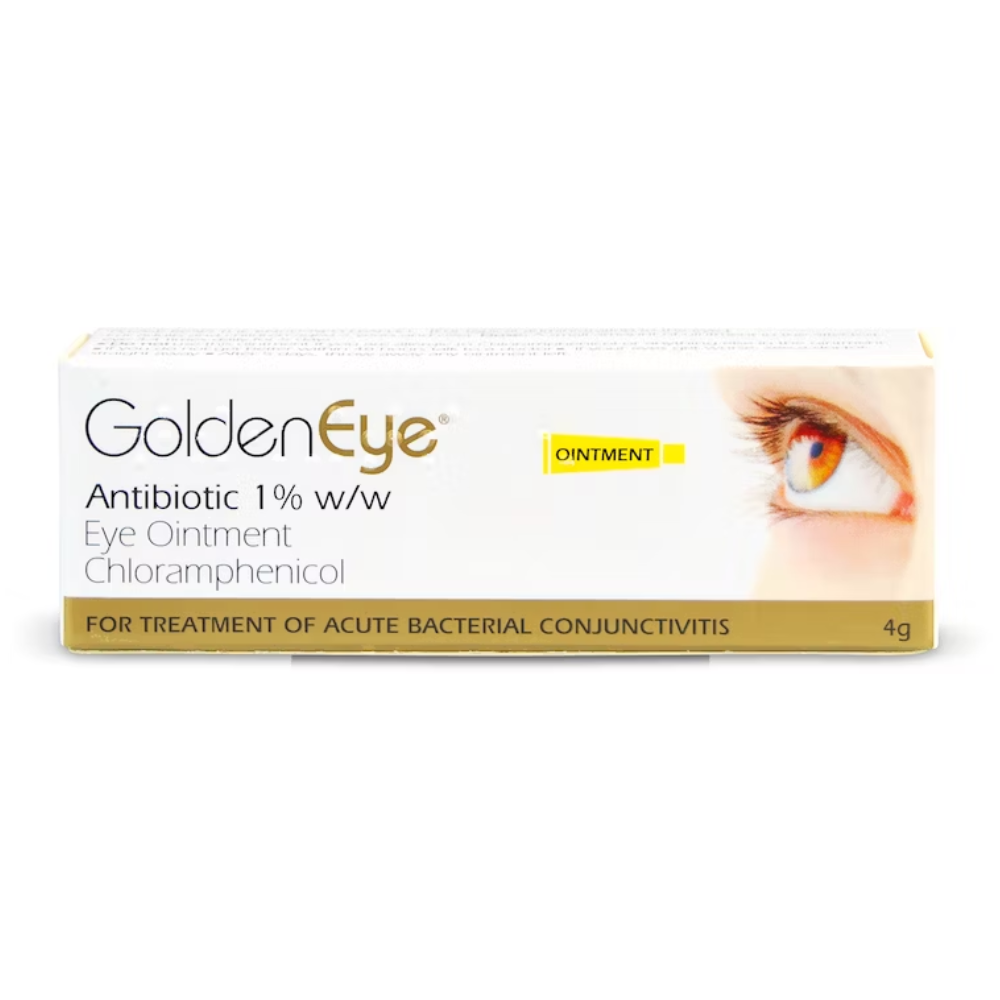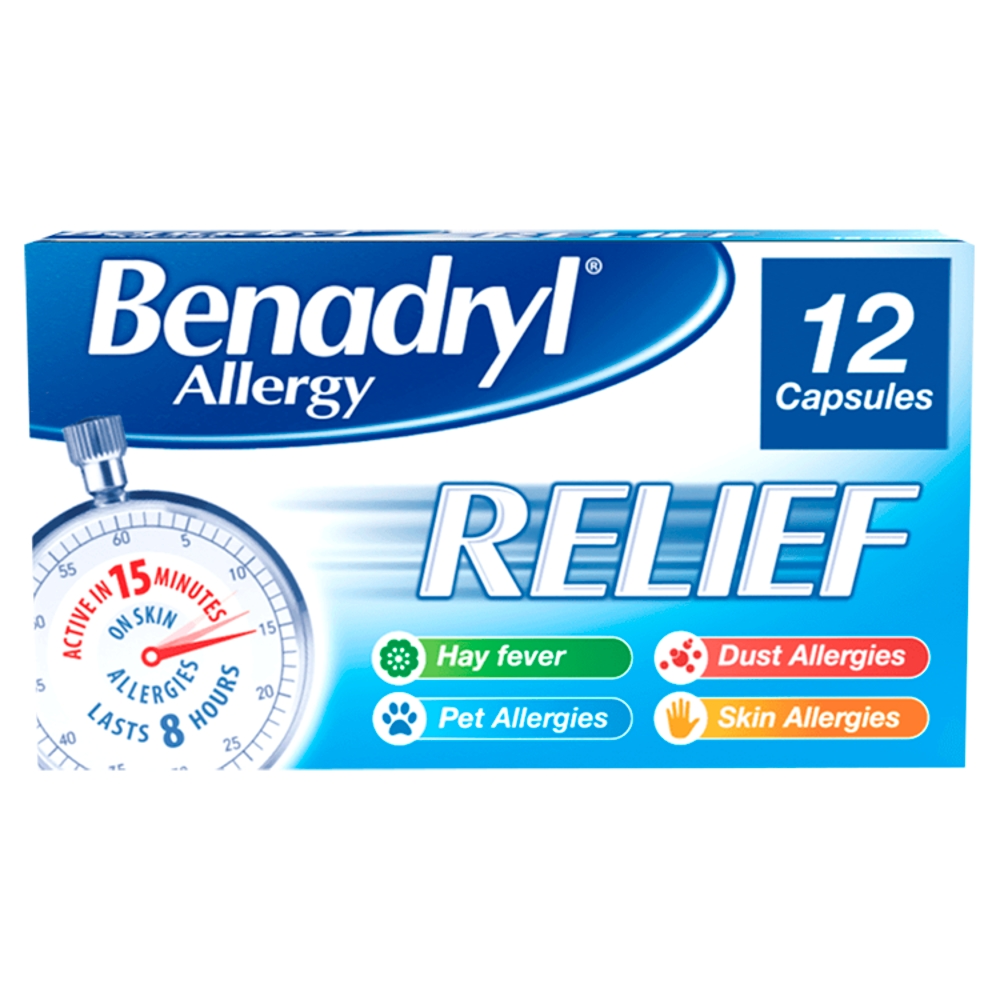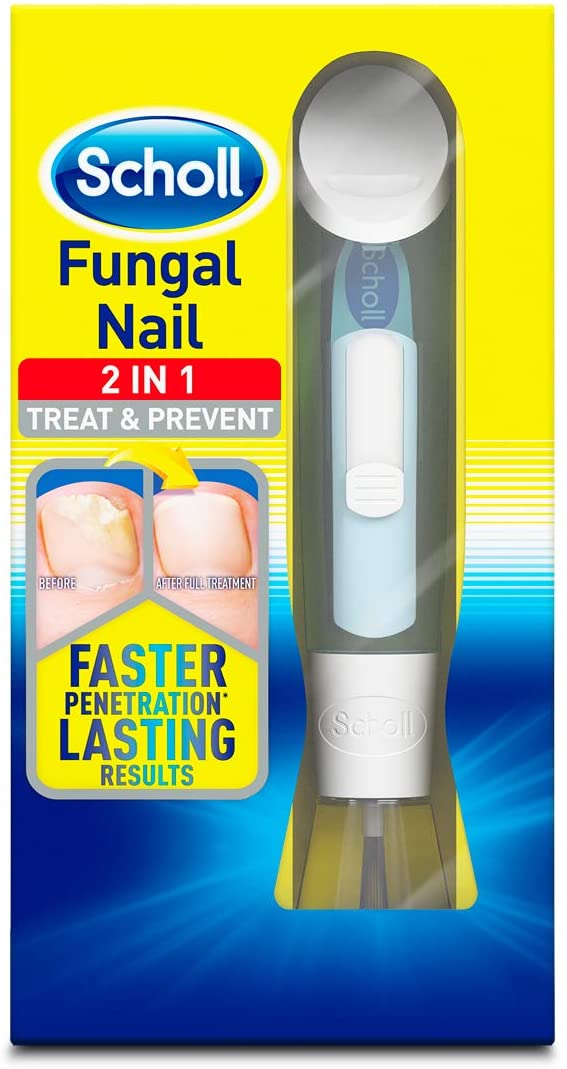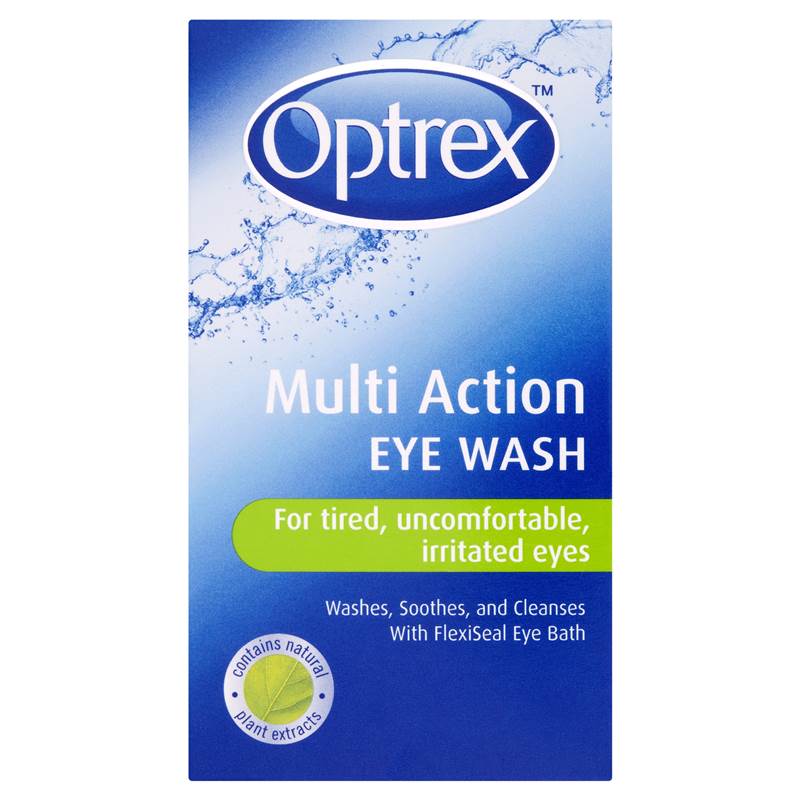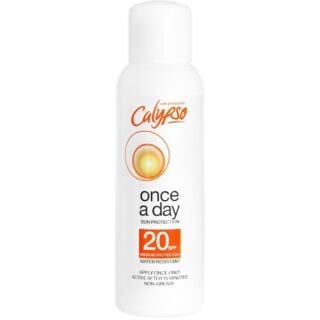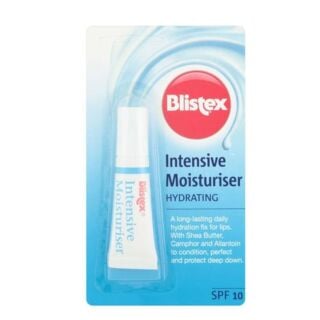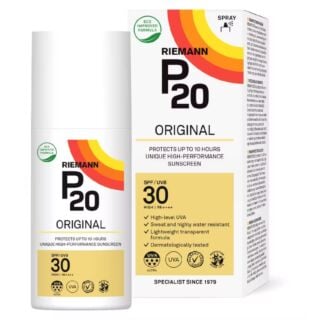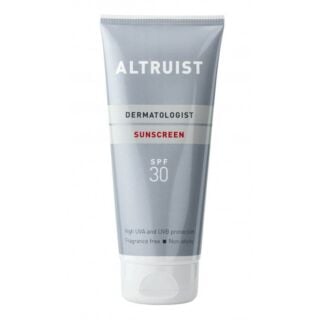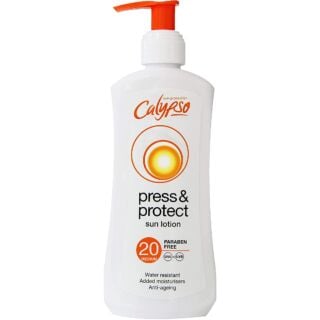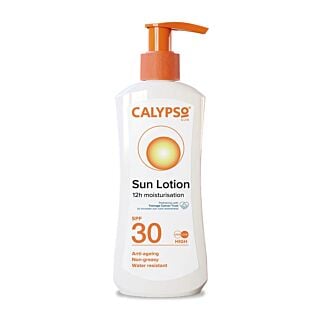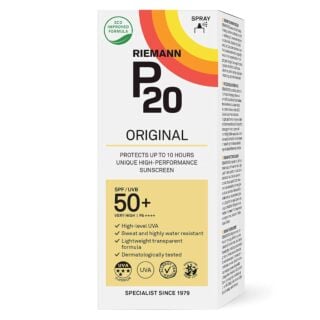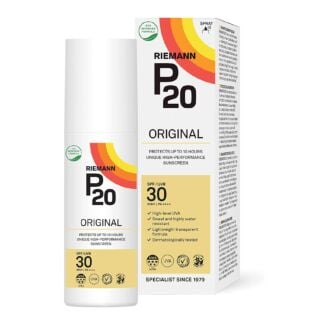Suncare

Free delivery when you spend over £30

100% discreet delivery for every item ordered

Fully regulated UK pharmacy
Are there any other ways I can protect myself from the sun?
As well as wearing a good quality sunscreen, we recommend wearing light clothing that can help to protect vulnerable areas from the fun.
For example, you should wear a hat to protect the sensitive skin on your scalp, which can be very difficult to protect with sun creams or sprays, and a pair of sunglasses can help to protect the delicate skin around your eyes.
The sun is always at its strongest between 11 am and 3 pm, so if you can find some shade during those hours, your skin will thank you for it.
Can aloe vera be used to treat sunburn?
Aloe vera can not only help with the healing process of sunburn, but it can limit your discomfort by soothing and cooling your compromised skin.
The aloe vera gel, which is found inside the aloe vera’s thick leaves, has many anti-inflammatory benefits.
It can also moisturise the skin and help to prevent the severity of peeling that happens when your sunburn starts to fade.
Can I take Riemann P20 sunscreen in my hand luggage?
You can take Riemann P20 products with you in your hand luggage if you’re going on a plane.
However, you can only take the 100ml lotions or sprays and these must be packed into a clear plastic bag that can be presented during security checks at the airport.
Sun protection can expire and over time it will become less effective at protecting you from the sun. On average, most sunscreens have a three-year shelf life, but checking each bottle is essential to ensure it is still in date.
If there is no expiry date on your bottle of sunscreen look for any obvious changes. If it smells funny or the consistency is off, chances are it has expired.
What is the best way to treat sunburn?
If you have sunburn, it’s important to avoid the sun as much as possible and stay cool indoors.
Cool your skin by taking frequent cold baths and showers; you’ll want to apply a generous amount of lotion (a product that contains soothing aloe vera is a good choice) to your sunburn to hydrate your damaged skin and relieve the pain.
You’re more likely to be dehydrated when you have sunburn, so it’s important to drink plenty of water to help your skin to heal.
What makes baby sun cream different?
Baby sun cream is formulated specially for the delicate, sensitive skin of your baby, even if they are suffering from eczema.
They tend not to contain any added ingredients, like fragrance, that may aggravate their skin.
As baby sun cream is kinder and gentler to skin, it may also be suitable for adults with sensitive skin to prevent any irritation.
Why is sun cream important?
Sun cream isn’t just important on warm, sunny days, but on cloudy and rainy days, too.
Without wearing a layer of sun cream, your skin is at risk of being exposed to harmful UV rays which can lead to skin damage, wrinkles, sunburn, and sometimes skin cancer.
It’s important to wear an SPF of at least 30 to ensure you’re protected.

